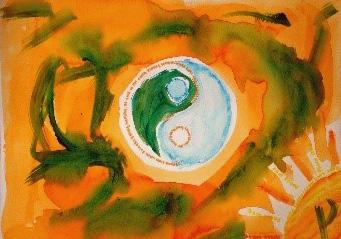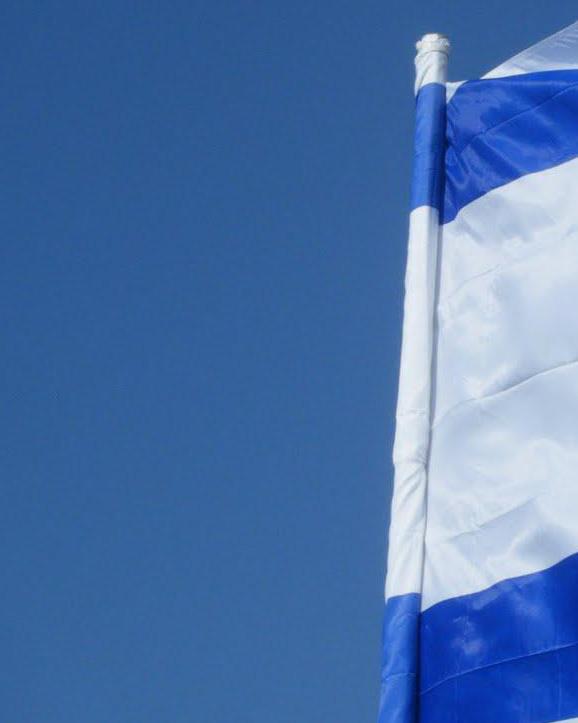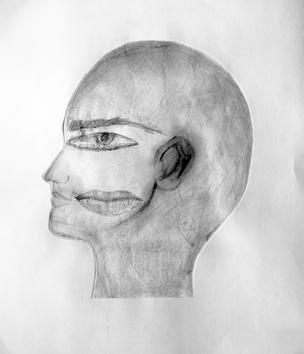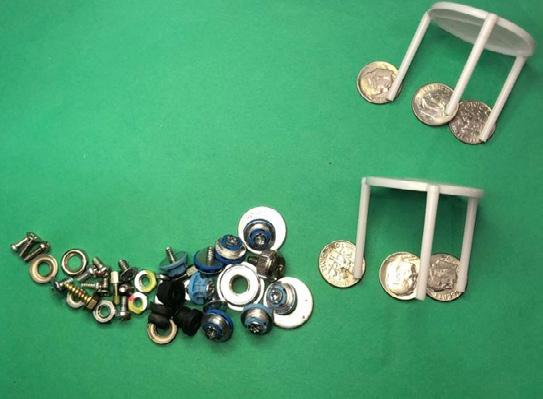
4 minute read
Miriam’s Leadership, Ma’ayan Noy
Miriam’s Leadership
Model
Ma’ayan Noy, RZJHS 2020
Now that Purim is over, the next major holiday to look forward to is Pesach; a celebration of the deliverance of the people of Israel from slavery. A story of bondage to freedom. The essential mitzvah of Pesach is that b’chol dor vador chayav adam lirot et atzmo keilu hu yatza mimitzrayim — in every generation a person must view themself as if he exited Egypt.
As a Jew who is invested in intersectional feminism, a form of feminism that aims to include all women and recognize that race, gender identity, sexual orientation, ability, and class all influence how much and in what ways people are oppressed, I can’t help but view this quote from the perspective of marginalized people striving for equality throughout the generations.
The message of remembrance urges us to think about the dichotomy of surviving hardship countless times, and rejoicing in our freedom, while still actively overcoming oppression and reaching for the promised land. The commandment reminds us of how far we have come in our struggle towards equality, while also looking ahead at all that is left to accomplish in our modern world.
Last year in Bible, while studying the Genesis narrative, we read Dr. Judy Klitsner’s interpretation of The Garden of Eden, entitled, “The Three Faces of Woman.” She describes woman’s narrative of the struggle to regain equality. In Genesis One, man and woman are created with equal love in the eyes of God, and are equally addressed by God. In Genesis Two, God only addresses man, and woman is regarded as man’s “helper.”
Therefore, woman acts in defiance of her reduced status and eats from the fruit of knowledge in hopes of reclaiming her “Godlike” status. See Noy, next page
Noy, from previous page
In chapter three of Genesis, woman and man are punished, and woman begins paving her way towards equality and balance by reestablishing her place alongside man.
Klitsner explains that this narrative serves as a model for man and woman “as they strive to rewrite woman’s story of exclusion and hierarchy back into one of equality, mutuality, and godliness” (Subversive Sequels in the Bible). Since the beginning of time, the very first generation, women have been making strides to fight for equality.
In the story of Passover, the Jewish people’s paradigmatic quest for equality, the people of Israel’s response to suffering is discouragement, as we see from Bnei Israel’s complaints about lack of food and water, and even wanting to turn back to their oppressors in Egypt! Yet, they continued on their long, difficult journey to freedom.
However, there’s another narrative that runs parallel to this contemplation, one that again features a female protagonist. At the same time, after the Israelites cross the sea, Miriam leads the women in song, celebrating their journey to freedom. She and the women play musical instruments, which means they must have brought them with them from Egypt. This is significant because Miriam must have known that she would want to celebrate the accomplishments of the people of Israel in the future.
Perhaps this is why we are commanded to think of ourselves as if we left Egypt. Bnei Yisrael continued on their difficult journey, and simultaneously united in song celebrating their freedom.
We are commanded to imagine ourselves with the same mindset: simultaneously celebrating how far we have come, and yet mindful of the difficult journey ahead.
In our Modern Jewish Thought class, we have been reading Post-Holocaust Theology. Emil Fackenheim places the Holocaust in the timeline of our communal history; It is another event which places oppression in the timeline of Jewish history. Just as we say we were all slaves in Egypt, we were all prisoners at Auschwitz.
He introduces a 614th commandment, which describes the emergance from the Holocaust as unifying for the Jewish people. The 614th commandment asserts that we cannot grant Hitler a posthumous victory. In other words, we must emerge from the Holocaust itself, and the trauma that it caused for our people, rejoycing in our Judaism.
We must double-down on what is most important to us in Jewish life. And of course, we must never forget that part of our history. The concept of being unified through our struggle is so familiar to us as Jews.
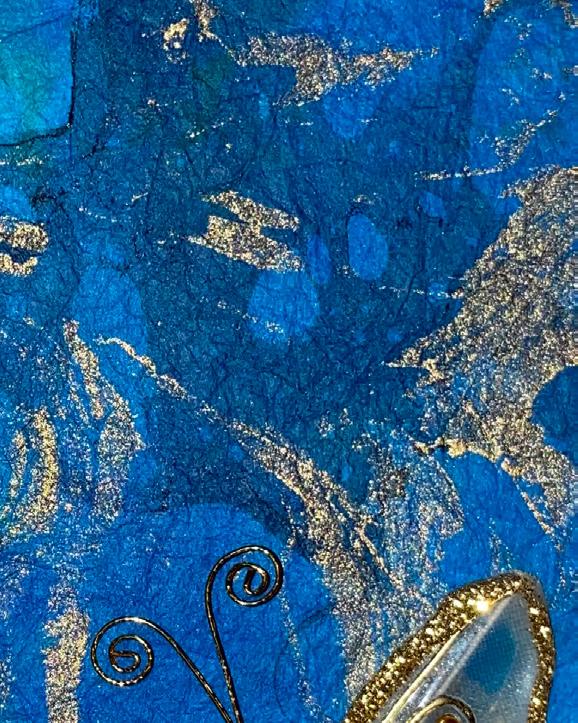
So, when we are commanded to see ourselves as if we exited Egypt, what we really must do is look at our lives now: think about our own struggles and the struggles of those around us. We are commanded to simultaneously rejoice in how far we have come, and remember all that is left to accomplish.
We live in a world which at times can make our situation seem desperate — with antisemitism on the rise, many marginalized groups still struggling to maintain equality, and a global pandemic, we must look at our reality and take it seriously.
At the same time, I am picturing Miriam leading the women in song, celebrating the joys of life, and how far they have come. This is the image I wish to take with me into Pesach.



